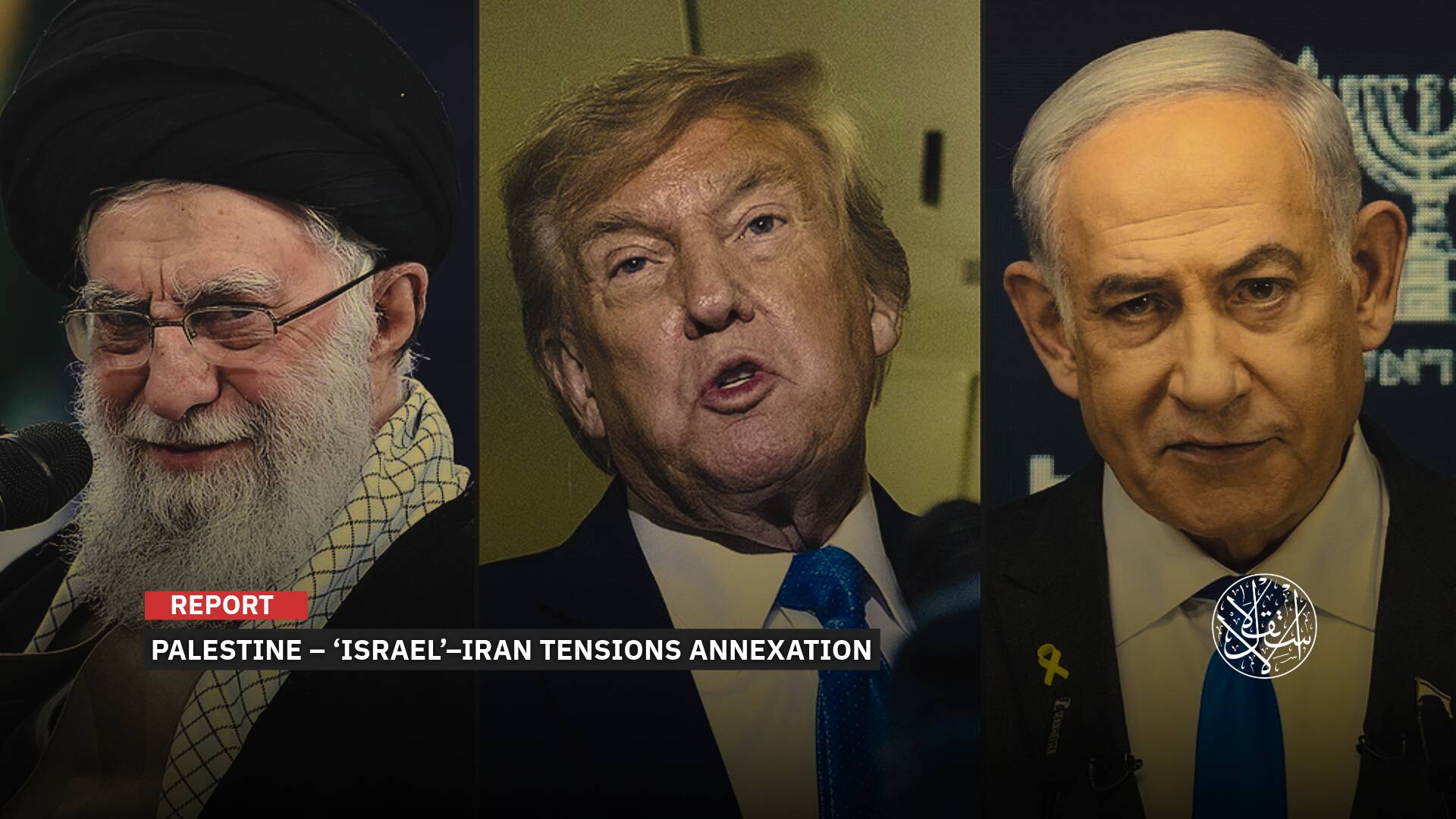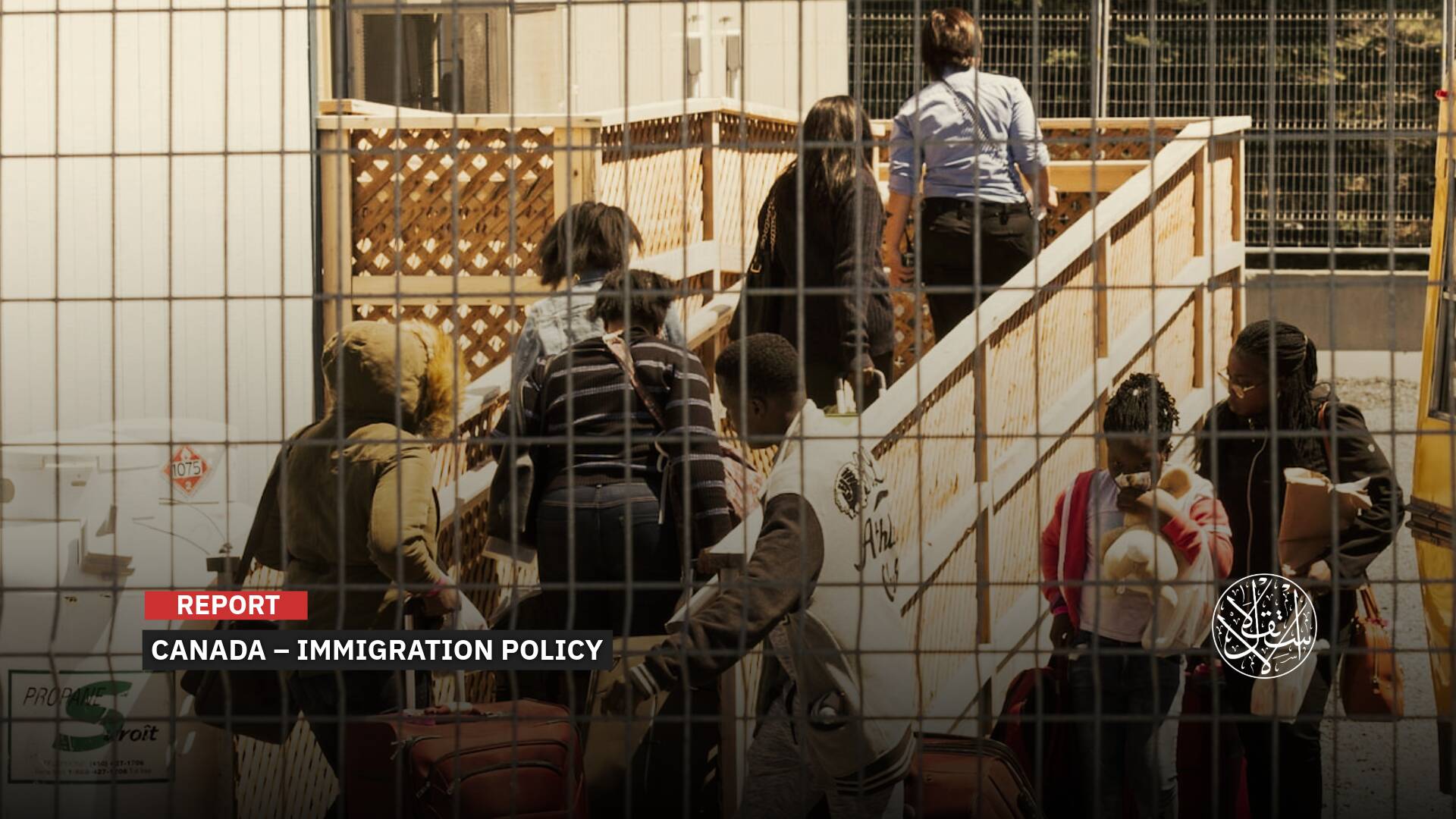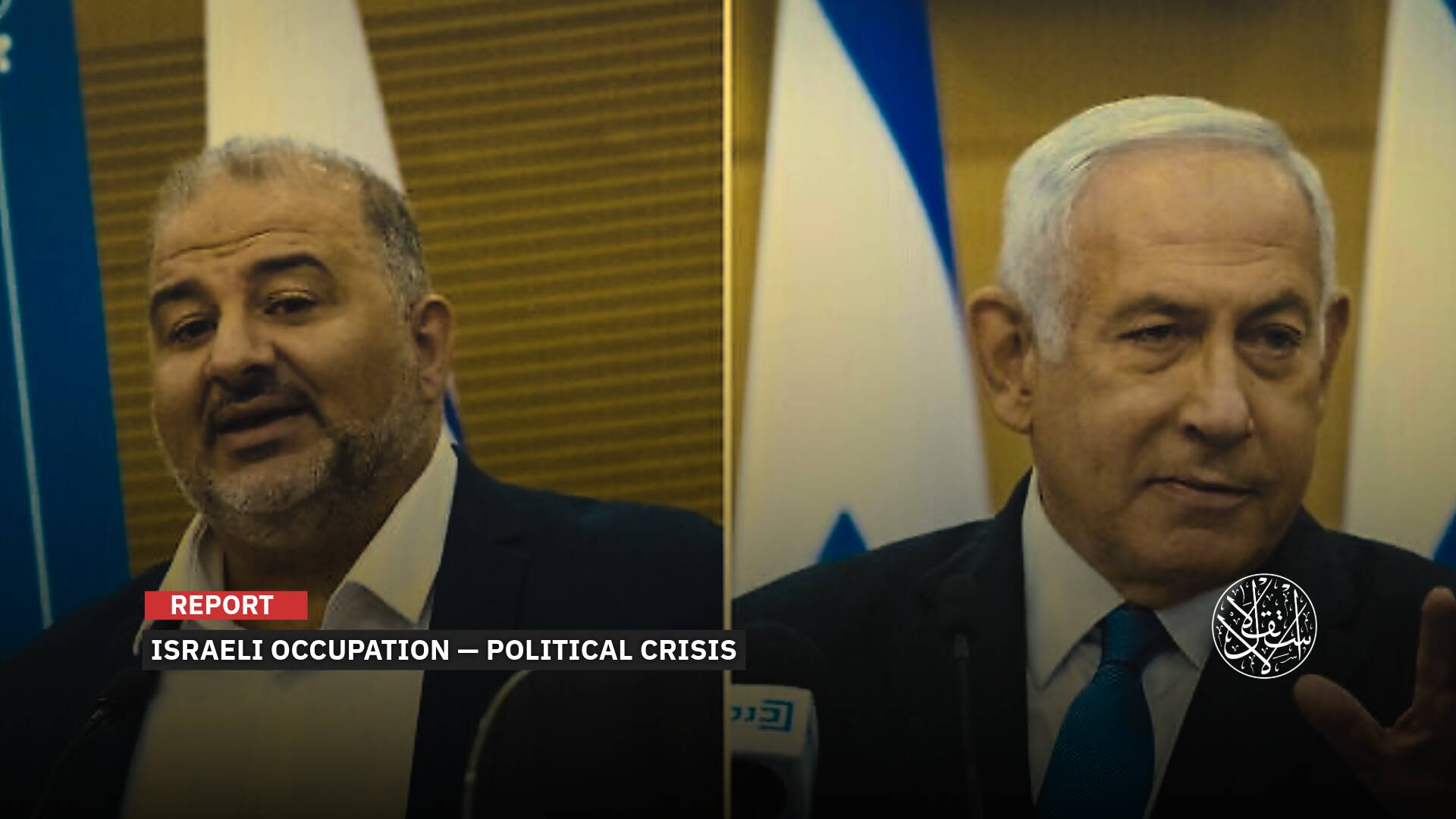The Turkish Opposition Exploits the Earthquake as a Political Weapon

Ten days have passed since the thunderous earthquake that struck southern Turkiye and northern Syria, at dawn on Monday, February 6, 2023, with a magnitude of 7.7 on the Richter scale, which claimed the lives of more than 41,000 and left tens of thousands injured, and its repercussions extended to millions of homeless and displaced persons.
It seems that the humanitarian context alone will not be the title of the disaster. While everyone is calling for a unified position to confront what happened as a watershed in the history of the state, which is usual in such exceptional circumstances, voices of the Turkish opposition leaders were raised with sharp criticism.
They launched a new political battle before the blood of the victims dried up and before the end of the excavation and rescue work in search of survivors.

Criticism Campaign
Since the first hours of the disaster, while everyone was exhausted and preoccupied with saving what could be saved, the opposition figures had another preoccupation. Their position was part of what is commonly known in political science as exploiting all developments and events to serve the agenda and target the ruling regime. The opposition decided to benefit from this opportunity to criticize the president and his party.
The leader of the opposition Republican People’s Party, Kemal Kilicdaroglu, held President Recep Tayyip Erdogan responsible for what happened, stating that if there is a person mainly responsible for this, it is Erdogan, adding that in 20 years, this government has not prepared the country for an earthquake. He indicated that he submitted an official request to visit the Presidency of the Turkish Disaster and Emergency Management Authority, but he did not receive a response.
The head of the opposition Victory Party, Umit Ozdag, made the same accusations. He criticized what he called the “slow performance of the government” towards the people trapped under the rubble of destroyed buildings. He published a video clip on his account on social media entitled “Where is the state?”
The Labor Party, Erkan Bas, accused the government of lying, cheating, manipulating numbers and statistics, and wasting public money on unnecessary matters instead of the issue of earthquakes in Turkiye.
As for the head of the Homeland Party, Muharrem İnce said in a video: “I am now in the streets of Kahramanmaras. I do not see the police, I do not see the relief forces, there are no blankets, there is not even hot soup, and there is no state at all!”
Kahramanmaraş Trabzon Caddesi'ndeyiz. Üzülerek söylüyorum ki burada asker yok, polis yok, çorba yok, battaniye yok. Hiçbir şey yok burada! pic.twitter.com/imlBSEReBJ
— Muharrem İNCE (@vekilince) February 6, 2023
Great Efforts
Except for the Turkish opposition leaders, the mobilization and harnessing of all Turkish state agencies, including security, relief forces, and aircraft, were widely appreciated.
During his visit to Kahramanmaras, the city that was the epicenter of the earthquake, on Wednesday, February 8, Erdogan made sure, during his speech there, to send several messages to the opposition and the Turkish street together.
He warned against exploiting what happened for purposes far from the tragedy and for special agendas, directing his speech to journalists, saying: “I don’t want to give the opportunity to the provocateurs…the media should not give them the opportunity, now is the time for unity.”
The BBC pointed out that the catastrophe that Turkiye is witnessing now may be a turning point for what is to come, depending on Erdogan’s management of it and his ability to cross it to safety with the least possible losses.
Ali Asmar commented: Since I am a Turkish citizen and a journalist following the situation, I see the huge efforts done by the government for the diligence of the ruling party in all state facilities, the tragedy would have been greater and the victims more. The government established many roads and bridges that facilitate movement between the states, in addition to many hospitals and health centers, and advanced the health sector in Turkiye to higher ranks. It is noteworthy how the power and electricity stations, through satellites and modern Internet networks, were of great help in rescuing people.

Pivotal Card
There are opinions indicating that the current earthquake will be a pivotal electoral card in the next presidential race, which is what Adam Samson and Ayla Jean Yackley referred to in their report published in the Financial Times, saying that the disaster that struck Turkiye recently represents a test of Erdogan’s leadership, and the way he responds to it will determine the future of his political career.
Director of the Europe department at Eurasia Group firm Emre Peker said that if the AKP government succeeds in maintaining this level of momentum in dealing with the crisis, it will win the upcoming elections. However, the analyst at the Ankara-based TEPAV think tank Selim Koru said that people are unhappy about what happened and that unhappiness often leads to a punishable vote in order to make a change.
Observers expect the elections to be postponed indefinitely due to the logistical challenges posed by the disaster.
The former Speaker of the Parliament, Bulent Arinc, proposed postponing the elections to next November or merging them with the local elections, which are scheduled to take place in 2024, and in the event of a disagreement between the two options, he called for setting a date to be agreed upon by all political parties. He said: “Elections must be postponed, they are not legally and effectively possible after the earthquake in 10 states represented by 85 deputies in the Grand National Assembly of Turkiye.”
Arinc warned that the electoral lists in these states have become invalid, and it has become legally and practically impossible to hold elections in these regions and that the country is not ready for the elections’ pressures in these painful days. “There will be no elections in May or June.”
Sources
- A new pressure card against the AKP — How is the Turkish opposition trying to employ the “earthquake” politically? [Arabic]
- The Turkish opposition begins to politicize the plight of the earthquake early [Arabic]
- Turkey: Technical and constitutional reasons suggest postponing the elections after the earthquake [Arabic]










